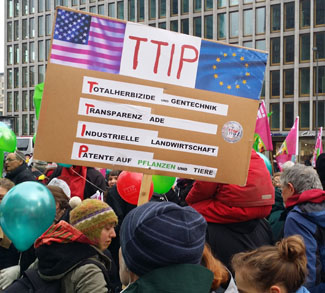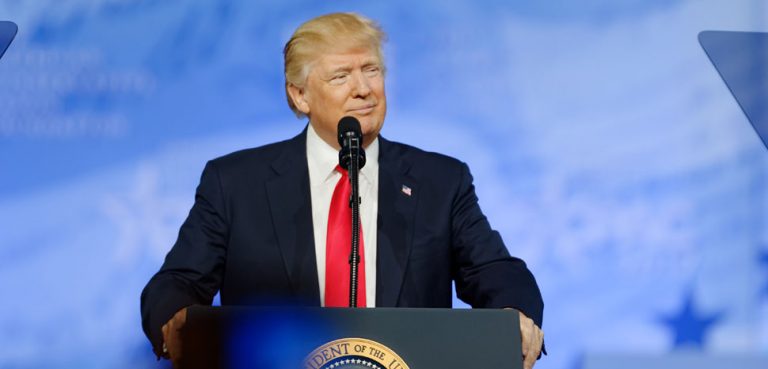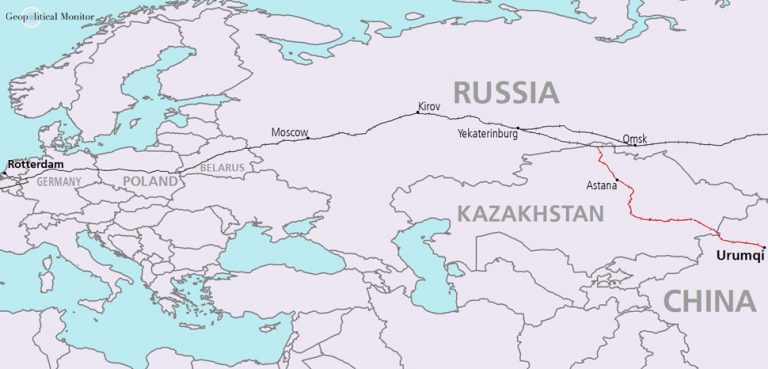The World Bank, earlier this month in its Global Economic Outlook for 2015, warned of ‘disappointing’ global trade growth in the international economy. This may spell trouble for ongoing negotiations to secure one of the biggest trade deals in history – the Transatlantic Trade and Investment Partnership (TTIP) free trade agreement between the European Union and the United States.
How much has global trade growth slowed down?
The World Bank credited weak international demand for the stagnation of global trade, pointing out that import demand is 19 percent below its predicted level for 2015, largely due to gross domestic product (GDP) falling 4.5 percent below what economists would expect it to be had the 2009 slowdown never happened.
Though global trade had grown at 7 percent per year for the 30-year period preceding the 2009 financial crisis, growth has fallen to approximately half that pace in 2013 and 2014. Global trade growth for the medium term is expected to increase to 5 percent – an increase of less than 1 percent from current levels.
What is slowed growth’s impact on future trade levels?
On a more specific level, the import demand of both the United States and the European Union was down from trend by 20 percent. In a global trading system in which high-income countries account for 65 percent of total global imports, a decrease in import demand in both these regions will have serious negative implications for the rebounding of international trade.
However, the World Bank acknowledges that import demand is a short-term factor which does not fully explain the stagnation of global trade. A more long-term factor which has a much greater impact is the extent by which trade is dependent on income growth. Global GDP is expected to grow by 3 percent (down from an earlier projection of 3.4 percent), but that no longer guarantees an equivalent growth in international trade.
According to the World Bank, international trade is no longer as tractable to global GDP growth as it once was, due to a range of factors such as the maturing of global value chains, lowered spending in investment, and an increase in government spending.
The World Trade Organization cut its own expectations for 2015 global trade growth in September 2014, lowering its estimate from a 5.3 percent to 4 percent. This cut only deepens the dependency of rising trade numbers on economic growth, and further demonstrates the need for new trade agreements to increase global trade growth independent of global GDP growth. This is precisely why the success of the TTIP talks is so vital. If a deal is signed, it is expected to increase the European Union’s economy by $152 billion, while the U.S. economy would grow by US $110 billion.
There are concerns that the slowdown of the EU economy, particularly in Germany and France, may put TTIP talks on hiatus, with EU countries being less willing to open up their economies to additional competition from across the pond at the expense of domestic firms’ profits. Trade specialists on both sides of the negotiations are trying to close the deal before this becomes a major obstacle to the creation of this massive trading bloc.
Other issues on TTIP horizon could derail talks
In mid-January, EU Trade Commissioner Cecilia Malmstrom called for further study on one of the more contentious aspects of a trade deal. This could slow down a return to negotiations by as much as six months.
The two sides have already gone through seven rounds of negotiations since the process began in early 2013, with the next round of negotiations originally expected to begin at the start of February in Brussels.
The controversial provision in question concerns the Investor-State Dispute Settlement, which would allow companies investing in foreign countries to sue those countries’ governments should changes in local environmental or health laws impact their profits.
The clause is tremendously unpopular in the EU. Opposition groups in the EU are also unhappy with negotiations they characterize as non-transparent, and believe that it will result in an agreement that will erode governments’ capacity to independently make policy decisions.
Meanwhile, some Americans are concerned that US companies will lose their advantage in bidding for US government contracts (TTIP, when signed, would require equal opportunity for foreign and domestic firms to compete).
Does a breakdown in talks mean an opportunity for Canada?
If TTIP talks were to fail, one country would certainly benefit: Canada.
Canada has been negotiating with the EU on its own Comprehensive Economic and Trade Agreement for the past five years, and the agreement is now awaiting final signatures.
Canada stands to benefit hugely from the deal, especially if TTIP collapses.
“If the EU-US talks succeed, it will build a bigger market for North America in the European Union,” an insider to the deal told a conference in Montreal in November 2014.
“But if they happen to fail, we’ll have the advantage over the United States.”




